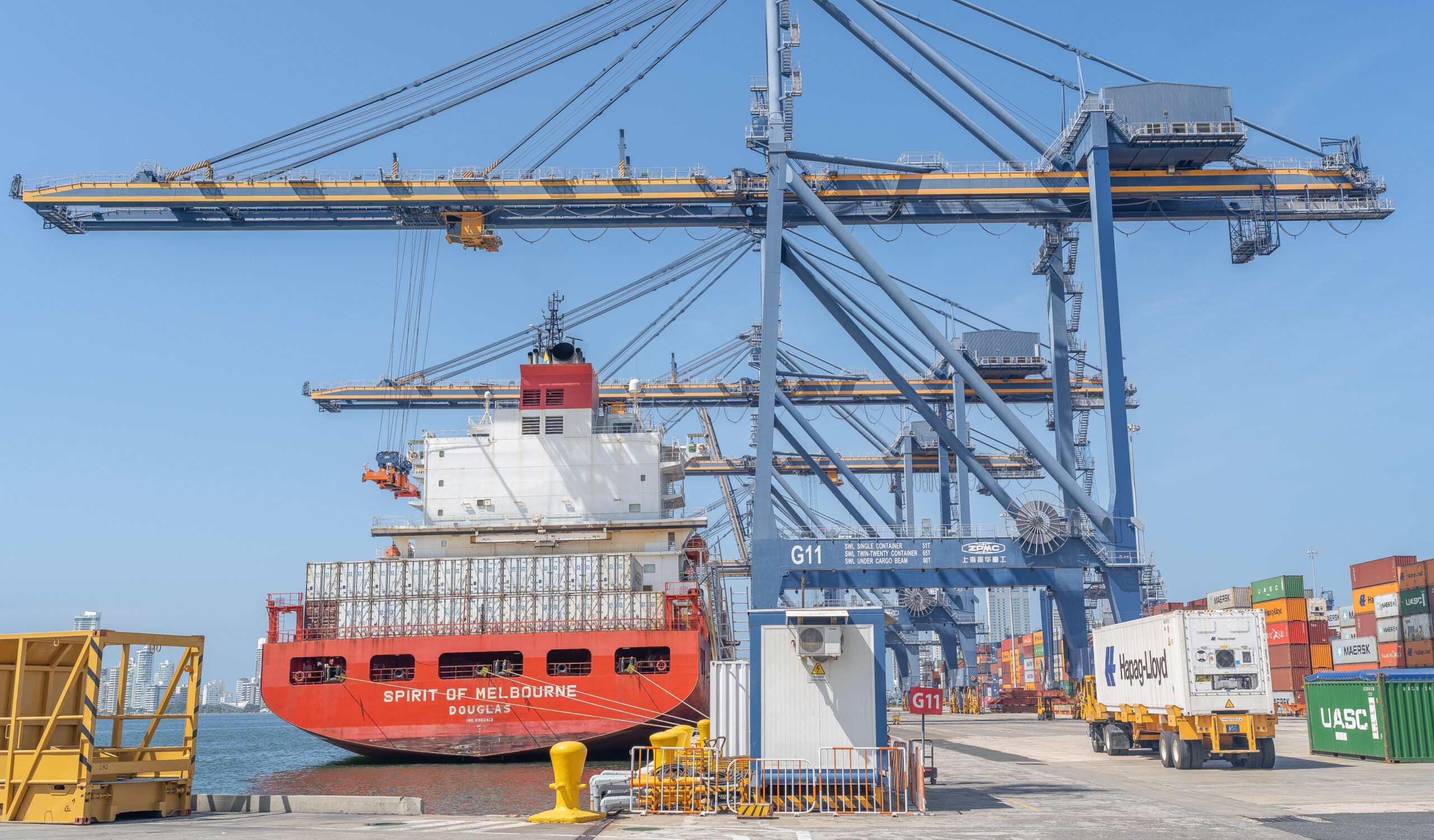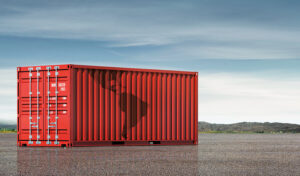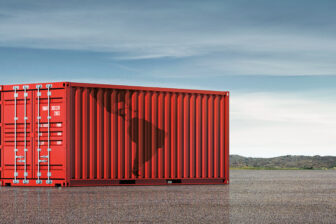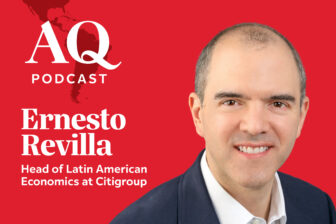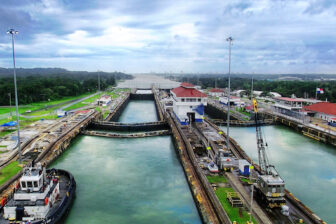This article is adapted from AQ’s special report on supply chains
When considering the push toward modern globalization, I am reminded of the early 1980s. At the time, we were feeling the effects of inflation, high interest rates and (of course) high energy prices. Everywhere you turned, there were imbalances as emerging market countries ran high fiscal and current account deficits. Bank credit was abundant.
Then the music stopped, and countries needed to adjust their economic policies. They had to reduce their deficits, restructure their debt and return to growth. In the most simplistic of terms, this required new sources of foreign exchange. Foreign trade and investment became imperative in this new reality.
In many countries, the framework for foreign direct investment was liberalized and they negotiated trade agreements to ensure access to markets as well as preferential sale of their products abroad. Companies shifted production to the lowest-cost provider—in many cases to China and other Asian countries. With time, emerging markets became more and more dependent on China as an important purchaser of raw materials. In return, China provided the much-needed foreign exchange to keep these emerging markets competitive in the global market. In the intervening 40 years, the world and supply chains have become more integrated, and more interdependent, than ever before.
No one could have predicted a global pandemic that would interrupt international supply chains and expose the fragilities of global integration. And the rise of China as an economic power happened much more quickly than many expected.
Now we see the political world order being redefined yet again, for better or worse. We’ve learned that we cannot depend solely on distant international supply chains. Priorities have shifted from low-cost production and foreign exchange creation to finding dependable, reliable and secure paths to market.
And so, a march toward deglobalization has begun. We just don’t know where it will end.


